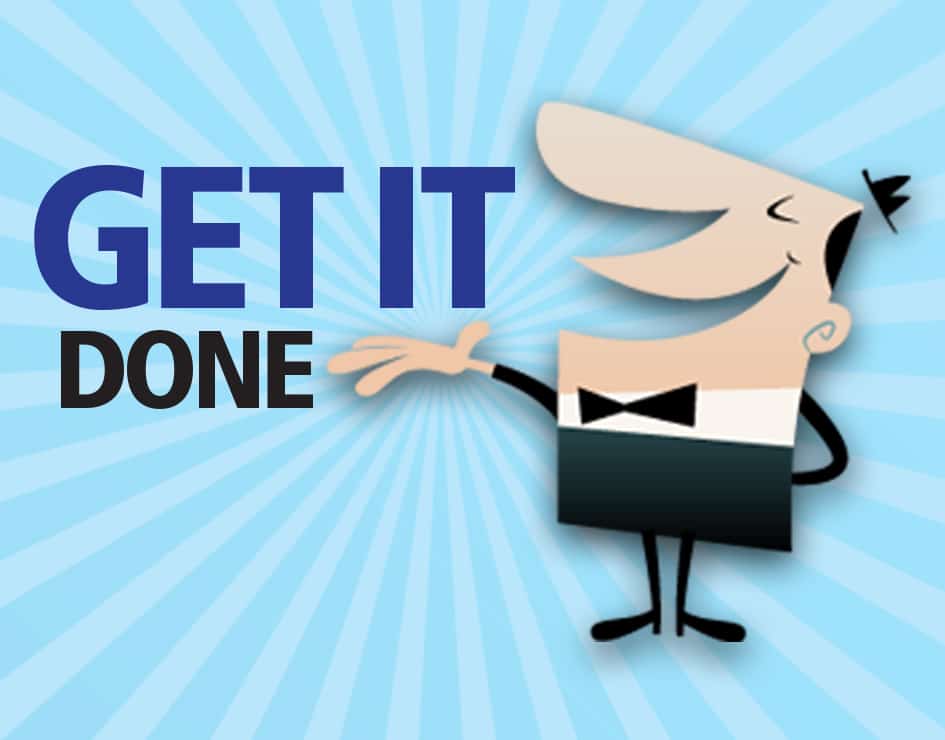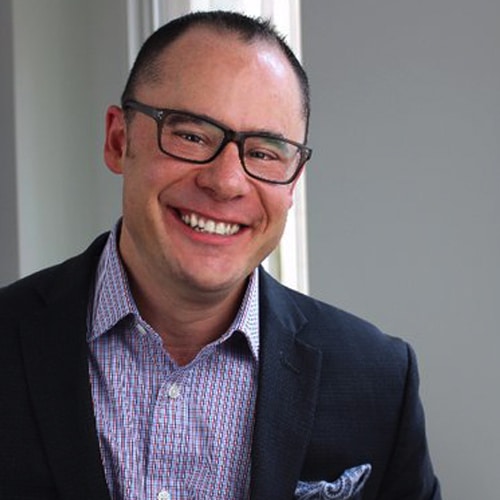“If you want to seize an opportunity, you must take risk. If you want to grow, you must make mistakes. If you want to reach your potential, you will have to take chances. If you don’t, you’ll be resigned to a life of mediocrity.” — James C. Maxwell, “The Difference Maker”
I’ll begin by pulling the Band-Aid off quickly: After 15 years, I’m leaving the e-discovery space. For those who know me, this will come as a really big surprise — especially given my longtime social media moniker “eDiscovery Gold.” In truth, the decision was surprisingly easier than I expected. It was easier because of my strong personal mission statement, vision, values and beliefs.
Why Did You Go to Law School?
I did my undergrad at Ithaca College in New York, majoring in television-radio broadcasting. For four years, I either worked in front of the camera as host of a magazine-style program in which I shifted the focus more toward pressing social issues, or behind the camera as the creator of an educational program hosted by and for children. With every project, I tried to focus on something that was bigger than me — something that would help others.
In my senior year, my writing professor and de facto mentor asked, “Have you ever thought about going to law school?” He went on explain that the work I had done in college had a deeper meaning than just being a producer, journalist or talk show host; that I could continue to explore that deeper meaning and help others as a lawyer. In nine words, my life changed. (I met my wife in my first year, so it definitely changed for the better!)
What my mentor revealed to me so many years ago is that I had a deeply embedded “why” statement — something that was driving me and the decisions I made. When I look back, 20 years later, I know that every decision I’ve made since then has been centered on this personal “why” statement.
Did you have a similar “why” statement when you chose to go to law school?
What Will You Do Next? Figuring Out Your “Why”
We all face crossroads in our careers. I’ve been at the crossroads in my professional life now three times. First, I decided to go to law school instead of pursuing broadcasting. The second was deciding to transition from the practice of law to becoming a technologist focused on selling software and services to lawyers. The third was this latest transition away from e-discovery and into a leadership role in the IT world.
Stepping into the crossroads requires brutal honesty and vulnerability. That’s not always an easy thing to do. Brene Brown, in a famous TED Talk, says: “Vulnerability is the core of shame and fear and our struggle for worthiness, but it appears that it’s also the birthplace of joy, of creativity, of belonging, of love.”
To feel vulnerable, she says, is to feel alive.
Getting to that place of joy and creativity also requires looking at your personal “why” statement. But what exactly is this?
In his groundbreaking TED Talk and book “Start with Why,” Simon Sinek talks about how every person and organization should follow the “Golden Circle.” Essentially, you must begin your personal and professional story with why you do what you do, and how you do it, then finally, tell what you do.
This is completely opposite from how people and organizations talk today. Most people start off telling you what they do and how they do it — then maybe tell why they do it (if they even understand why).
Living a life of intention with a defined vision and a purpose is essential, Sinek says. From there, you can more easily define how you do what you do — and which type of organization you can leverage as a vehicle to pursue and fulfill your “why” statement.
Grab a pen and paper and answer the following questions Sinek poses in his book:
- Why do you get out of bed in the morning? In other words, what empowers you? What motivates you? What do you believe is your purpose in life?
- What contribution are you making to others? And what contribution would you like to be making to others?
- Why does the organization you work for exist? Do you know?
- Does your personal “why” statement match up to your organization’s?
My “why” statement has never wavered. I have continually sought to become what leadership guru James C. Maxwell calls a “difference maker.” I want to make a fundamental difference in the lives of professionals by providing them with a business model that will help them become more successful and productive at work and therefore, by extension, in life.
How I have done this, and for whom, has changed in 15 years, but my personal “why” statement has been constant.
Finding the Courage to Leave Your Comfort Zone
Here’s the really good news: Today, you can do whatever you want! Want to go in-house? Become a consultant to other lawyers? A professor? An evangelist for a service provider? Or strike out on your own as a freelance writer or photographer?
Walking away from an industry that I have been a part of for so long required both courage and conviction. Whatever it is you want to do, have the courage to expose what your purpose in life really is and then act on it! Regardless of what you are doing now — for however long you’ve been doing it — you can make a change.
As author Amy Cuddy says, have the confidence in yourself to know that, by realigning your life to align with your personal “why” statement, you can “significantly change the outcomes” of your life.
I couldn’t have figured it out 20 years ago when my mentor suggested law school, but I have to believe in what Steve Jobs said in his 2005 commencement speech at Stanford:
“You can’t connect the dots looking forward; you can only connect them looking backward. So you have to trust that the dots will somehow connect in your future. You have to trust in something — your gut, destiny, life, karma, whatever. This approach has never let me down, and it has made all the difference in my life.”
Illustration ©iStockPhoto.com
Subscribe to Attorney at Work
Get really good ideas every day: Subscribe to the Daily Dispatch and Weekly Wrap (it’s free). Follow us on Twitter @attnyatwork.

















